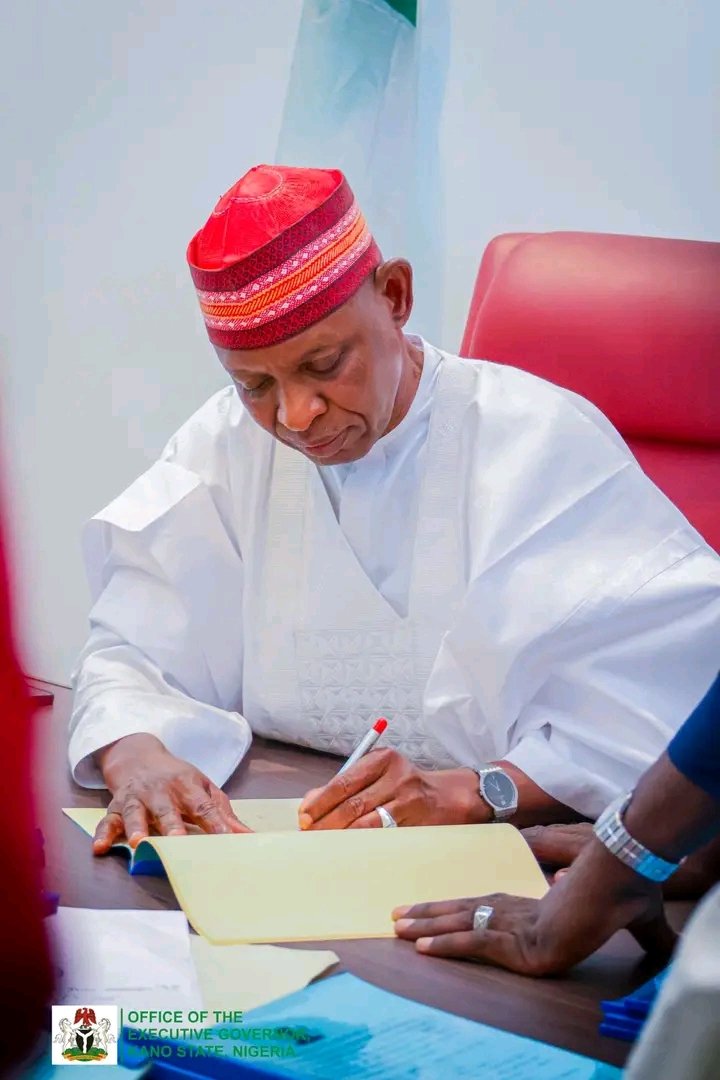Korede Abdullah in Lagos
The World Health Organisation (WHO) has released its first-ever position paper on immunisation products for Respiratory Syncytial Virus (RSV), marking a major milestone in child health protection.
RSV is a leading cause of severe respiratory infections, accounting for nearly 100,000 child deaths and over 3.6 million hospitalisations annually, with the majority affecting children under five.
“About half of these deaths occur in infants younger than six months, and 97 per cent happen in low- and middle-income countries,” WHO stated.
To combat this global health burden, WHO is recommending two newly developed immunisation products: a maternal vaccine administered during the third trimester of pregnancy and a long-acting monoclonal antibody, nirsevimab, for newborns.
Both offer at least five months of protection during the RSV season. “The WHO-recommended RSV immunisation products can transform the fight against severe RSV disease, dramatically reduce hospitalisations and deaths, and ultimately save many infant lives globally,” said WHO Director of Immunisation, Vaccines, and Biologicals, Dr Kate O’Brien.
The maternal vaccine, RSVpreF, received WHO prequalification in March 2025, enabling procurement by UN agencies. Countries are encouraged to adopt either immunisation strategy based on local health system capacity and coverage potential.
The WHO recommends giving nirsevimab at birth or during the first health visit and, in seasonal approaches, just before a baby’s first RSV season.
The guidance, published in the Weekly Epidemiological Record, targets policymakers and funding bodies to support RSV product inclusion in national immunisation programmes.



